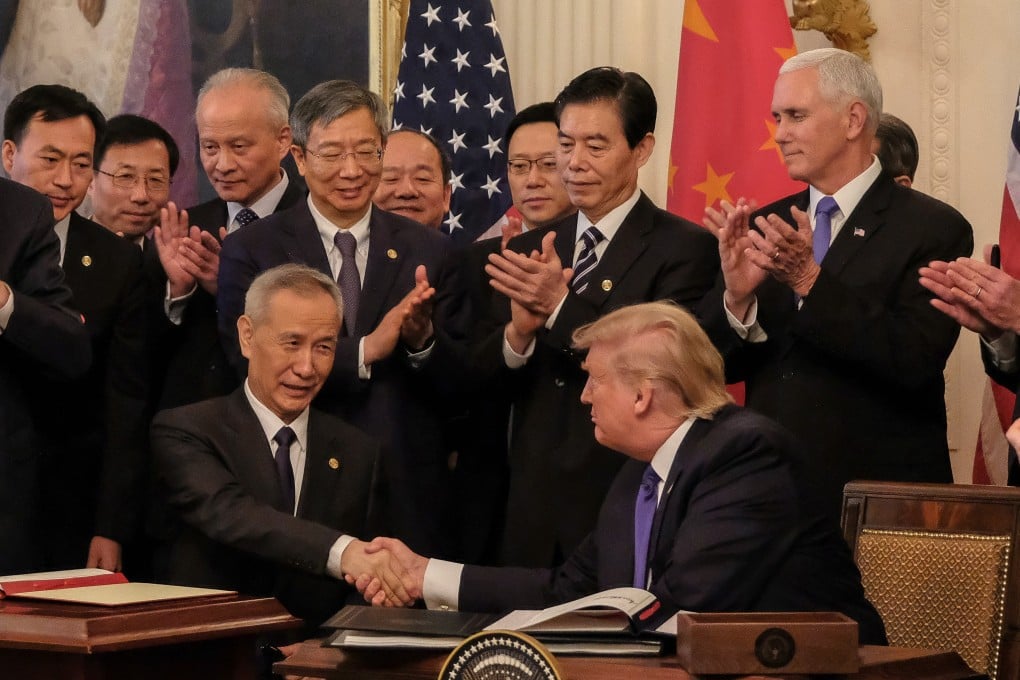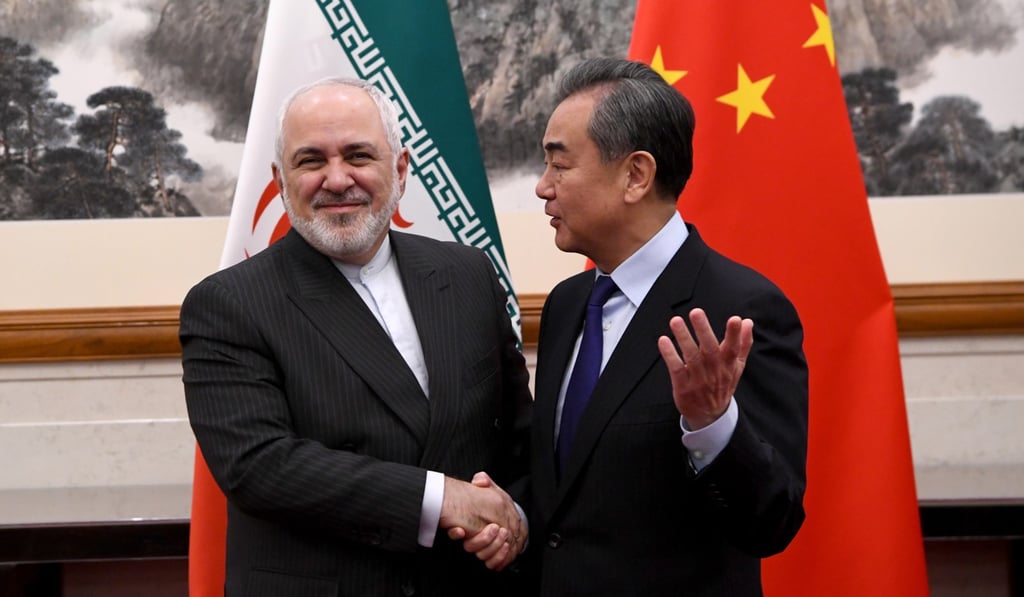Advertisement
Opinion | Will China stick to the phase one trade deal? That depends on whether it fosters stability
- Chinese President Xi Jinping staying away from the signing of the deal suggests Beijing is leaving open how far it will abide by it
- At present, the deal fosters China’s larger goal of stability and does not challenge its economic model, which is veering back towards state control
Reading Time:4 minutes
Why you can trust SCMP

As the Chinese military classic The Art of War says: “All warfare is based on deception.” Thus, the US-China phase one trade deal will prove to be just a cosmetic act by Beijing. China is feigning trade appeasement to give itself time for structural economic adjustments – its goal is to seize global economic primacy.
Advertisement
At a Peking University forum in November, Justin Yifu Lin, former World Bank chief economist and one of China’s key economic advisers, said: “When will the US concede to China’s success? When China’s [gross domestic product] per capita is half of that of the US and the economy is twice the size of the US.”
Since December 13, when the trade deal was announced, US President Donald Trump has showered the world with hyped-up promises – that he and Chinese President Xi Jinping would be signing the deal themselves; that he would fly to Beijing to start negotiations on phase two. In the end, Trump could neither secure Xi at the signing table nor wrangle himself an invite to Beijing.
China has a number of strategic vulnerabilities with higher stakes than the terms of the trade deal. In a phone call with Trump on December 21, Xi stressed that events in Hong Kong are China’s internal affairs. China’s tough line on Hong Kong handed Taiwan’s incumbent president, Tsai Ing-wen, a landslide election victory.
Meanwhile, the Chinese ambassador to Iraq conveyed Beijing’s readiness to provide military assistance to Iraqi Prime Minister Adel Abdul Mahdi, after the US’ killing of Iranian military leader Qassem Soleimani in Baghdad upset Iraq’s government. Ramping up its massive investments in the Middle East, Beijing promised US$400 billion to Iran alone last September. A China-US face-off in the region looks inevitable.
Advertisement


Advertisement
